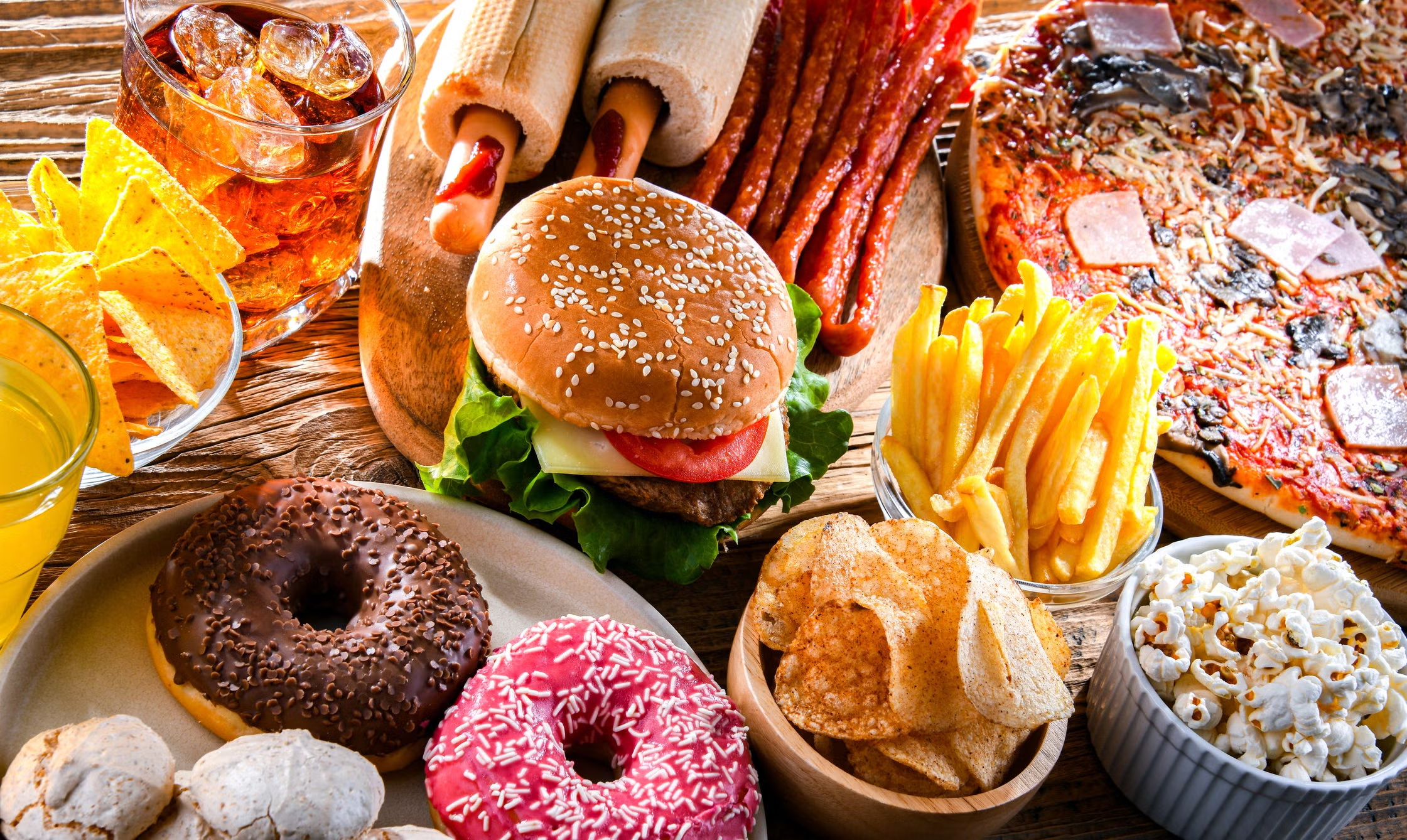Study Links Ultra-Processed Breakfast Foods to Higher Parkinson’s Risk
Many of us reach for a quick bowl of cereal, some cookies, or even a hot dog to kick off the morning. But a growing body of research cautions that starting your day with ultra-processed foods (UPFs) may be doing more harm than good—specifically for your brain.
A new large-scale study has found a direct association between consuming processed breakfast items and a higher risk of developing early signs of Parkinson’s disease (PD). Read on to understand how these foods impact your neural health and what better choices you can make.
What Is Parkinson’s Disease?
Parkinson’s disease is a progressive neurological disorder that primarily affects movement. According to the National Institutes of Health (NIH), PD occurs due to the weakening or death of neurons—especially those producing dopamine, a chemical that controls movement.
Common Symptoms of Parkinson’s Include:
-
Tremors or shaking
-
Muscle stiffness
-
Slowed movement
-
Poor balance and coordination
-
Trouble speaking or writing
-
Difficulty walking or doing everyday tasks
As the condition progresses, even routine activities like dressing or holding a utensil can become challenging.

The Link Between Processed Foods and Parkinson’s
Key Findings From the Study
In a research paper published in Neurology, scientists analyzed the diets and health data of 42,853 participants over several years using medical exams and detailed food frequency diaries.
Their findings linked long-term high intake of ultra-processed foods like cookies, sugary cereals, and packaged snacks to increased signs of “prodromal Parkinson’s disease”, which refers to the earliest effects of neurodegeneration occurring before more obvious motor symptoms emerge.
The lead study author, Dr. Xiang Gao, of Fudan University in Shanghai, explained:
“There’s growing evidence that what we eat influences our brain’s future. Diets high in processed items could potentially accelerate early-stage Parkinson’s indicators.”
How Ultra-Processed Foods Affect Brain Health
What Are Ultra-Processed Foods (UPFs)?
UPFs are heavily modified from their original form using preservatives, artificial colors, flavors, and additives. These include:
-
Breakfast cereals with added sugars and artificial flavors
-
Cookies and pastries
-
Sugary sodas and packaged drinks
-
Sausages, hot dogs, and frozen meals
-
Instant noodles and snacks
Such foods often lack fiber and essential nutrients, instead delivering excess sugar, sodium, unhealthy fats, and refined carbs—all of which contribute to chronic inflammation and oxidative stress, both of which are known contributors to neurological disorders.
The Importance of Early Diet Choices
What you choose to eat first thing in the morning can significantly influence how your brain and body function, especially if you’re taking medications for neurological conditions like Parkinson’s.
According to Johns Hopkins Medicine, individuals with Parkinson’s medication regimens should avoid high-protein foods during breakfast, as protein competes with medication absorption in the small intestine.
Better Morning Alternatives:
-
Oatmeal or whole grains
-
Fruit with chia or flaxseeds
-
Low-fat smoothies with leafy greens
-
Herbal teas instead of sugary juices
Expert Advice: Diet for Brain and Nerve Health
Best Foods to Reduce Parkinson’s Risk
If you want to eat in a way that supports long-term brain health and reduces your Parkinson’s risk, swap out processed items for whole, nutrient-rich foods:
-
Leafy greens (spinach, kale)
-
Berries and citrus fruits (with antioxidants)
-
Whole grains (oats, quinoa)
-
Nuts and seeds (for healthy fats and fiber)
-
Fatty fish (rich in omega-3s)
-
Legumes (bean-based protein without additives)
Dr. Gao recommends:
“Choosing to eat fewer processed foods and more whole, nutritious foods could be a good strategy for maintaining brain health.”
Final Thoughts — A Brain-Healthy Diet Starts with Awareness
This study is a wake-up call to re-evaluate those quick morning choices we often make without much thought. While more research is needed to confirm all causal links, the trend is clear: a diet high in ultra-processed foods does not support long-term neurological health.
By switching to wholesome, minimally processed alternatives—especially at breakfast—you can take a proactive step in protecting your brain, improving energy, and possibly reducing your risk of diseases like Parkinson’s.